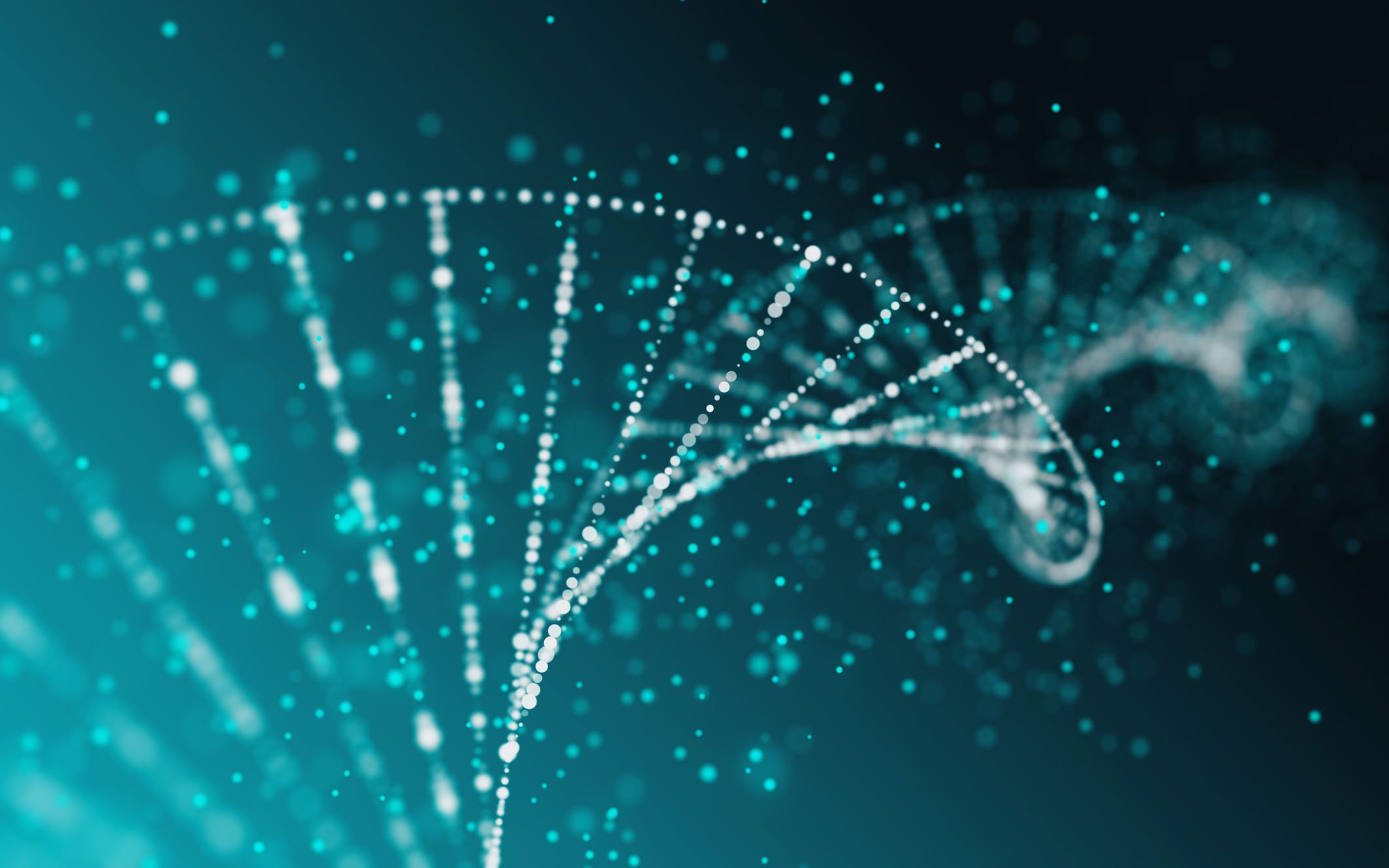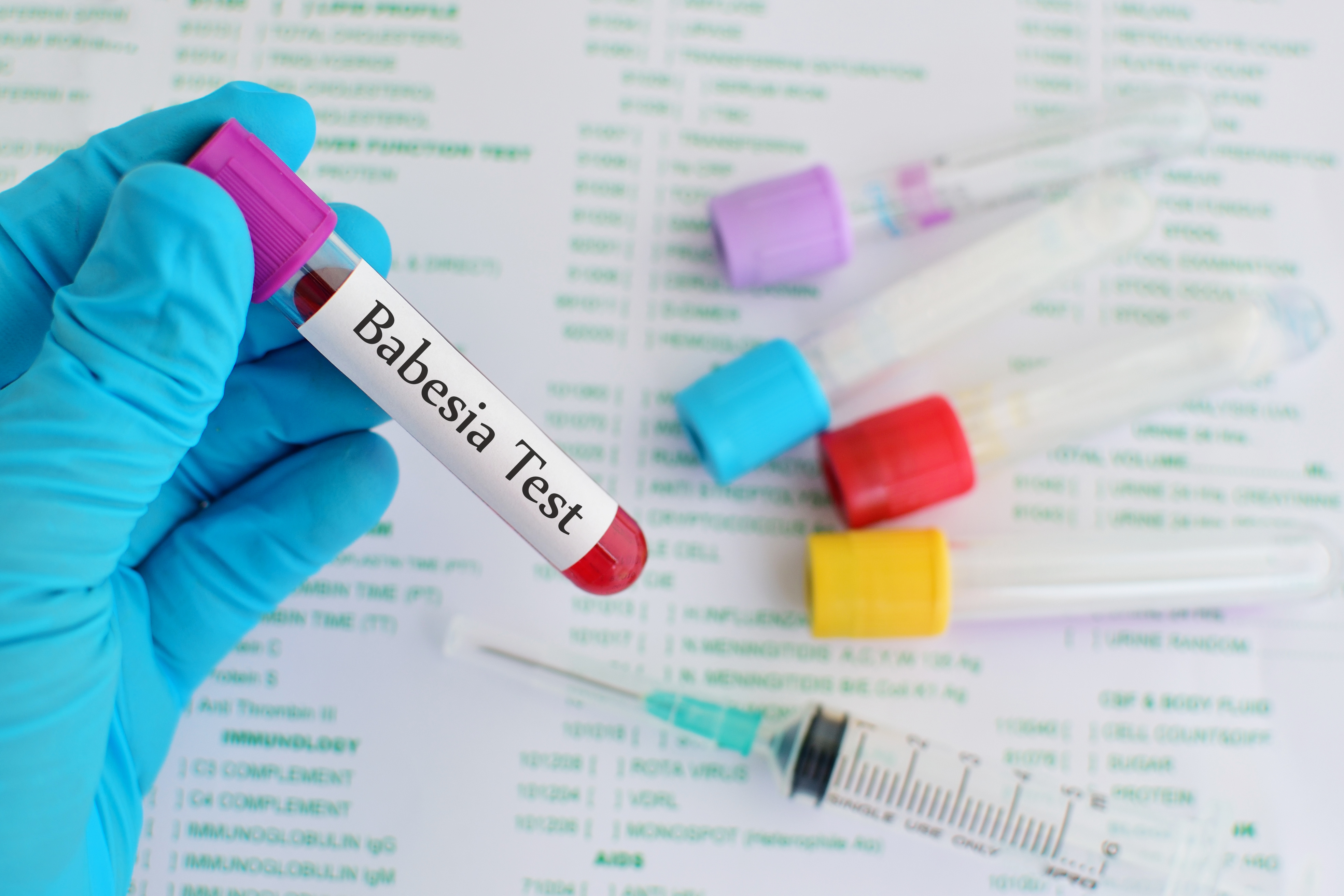
Because no two funeral homes or crematoriums are the same, the only way to know if dna is present in cremated remains is to test them in a laboratory that specializes and uses. Whilst dna testing is very reliable on remains that have not undergone cremation, the situation with cremated remains is more complex.

The temperatures used for cremation are simply too high to permit the survival of any dna.
Can you do a dna test on ashes. “for the dna testing there must be bone fragments or teeth left in the remains,” they explain. How to ship cremated remains Can you get dna from bone fragments?
Items proffered for testing have included nail clippings, hairbrushes, toothbrushes, ashes, and a pipe. Yes, it’s possible to get dna from ashes. Due to the intense heat used during the cremation process, the dna is usually destroyed.
The short answer is that yes you can do a dna test on someone even after they�re dead. In order to do dna testing on cremated remains, there must be bone fragments or teeth left in the remains. However, there are some cases where the dna can survive, and testing can be done.
A dna test could provide proof, provided. These can be purchased from a pharmacy. Can i perform a dna paternity test with a toothbrush dna testing sample in nys?
It is possible to use a forensic sample like a toothbrush to perform a paternity test. She said she wants a dna test of the ashes kept in an urn at a buddhist temple in tokyo to ascertain whether the remains belong to the freedom fighter. Thus the dna samples are not suitable for forensic purposes such as dna testing including paternity.
It is in response to dog owners who have always wanted to know what. Getting dna from human ashes Is there a pending court action of some kind or is there some other kind of issue if so it may be necessary to get a court order or the permission of acknowledged relatives to have the test done
If the ashes were not properly ground, there should be teeth present which would allow for easier dna extraction. However, if testing the father is simply not possible, for any of the complicated reasons in our lives, don’t give up! Our dna test on cremated remains offers the opportunity to include or exclude the presence of dna in the ash sample provided.
If dna is found, we can determine if the ashes are male or female. We would be happy to offer you the best advice for your individual situation. I suspect however that there is more to this question than mere curiosity.
Tests are also performed when people are killed in fires to identify their remains. Whilst dna testing is very reliable on remains that have not undergone cremation, the situation with cremated remains is more complex. Can you get dna from from cremated remains?
You can get dna from bone fragments and it is possible to conduct a dna test on the fragments. The cost of hair paternity testing starts at $279.99 and up. But here are some facts.
Basically, when cremation is performed, dna will be destroyed. If the swab has 2 cotton ends be sure to cut one of them off before starting the sample collection procedure. This groundbreaking dna test is in partnership with the paleo dna laboratory at lakehead university.
There are labs that offer this service to the public. With current technology, it is highly unlikely that you would be able to identify someone through dna testing of the cremation ashes. Examining bodies use various hair examining methods to thoroughly check the sample.
However, that does not stop many from asking me, and other dna presenters, if there is any possibility to doing testing on all sorts of things our loved ones left behind. Therefore, permission from the other party must be required. Essentially, the price of your dna test will depend on a number of factors such as how many people are involved with your test, if all parties involved with your test will be using hair samples or if.
Because no two funeral homes or crematoriums are the same, the only way to know if dna is present in cremated remains is to test them in a laboratory that specializes and uses. April 26, 2017 analysis cremated dna remains. The temperatures used for cremation are simply too high to permit the survival of any dna.
By private lab results| cremated remains testing. In the case of hair dna identification, it is easy to secure a solid hair sample. Multiple options are available, if the father is deceased and you need a paternity test.
This can vary depending on the model and how modern the furnace is. That�s why some dna tests are. Can you get dna from ashes?
Yes, we offer cremains (ashes) testing to detect dna, toxins , poisons test , heavy metals , forensic toxicology, organic or inorganic materials, and drug materials. Test me dna can walk you through the process and make it as easy as possible for the family involved. A crematory furnace operates anywhere between 1000 and 1900 degrees.
Relating to therapeutics, the branch of medicine that is concerned specifically with the treatment of disease. Easydna offers dna testing on cremated remains. New york state has specific guidelines that must be followed.
Dna tests can do this, by looking at your dna to determine what functions it exposes in your genetic code. But, you will not be able to perform this anonymously. Unfortunately, there are some occasions when dna paternity testing is needed, but the father is no longer available because he has passed away.
0 comments add a comment. “these will be tested for the presence of dna. How to make your dna sampling kit.
Posted can dna analysis be done on cremated remains? This exclusive service will determine every breed in a deceased dog using objects the dog has come in oral contact with and are still in your possession. Deceased dog dna breed testing only $189.
These will be tested to see if any dna remains. It is important to avoid touching the cotton end with your fingers. Incomplete cremation occurs when bones are not reduced to ashes.
Dna testing is often done on the bodies of the dead, even after they’ve been cremated. But in that case, that would only be used to test the dna of the human for the sake of uncovering the identity, not to determine whether or not the remains themselves were of.